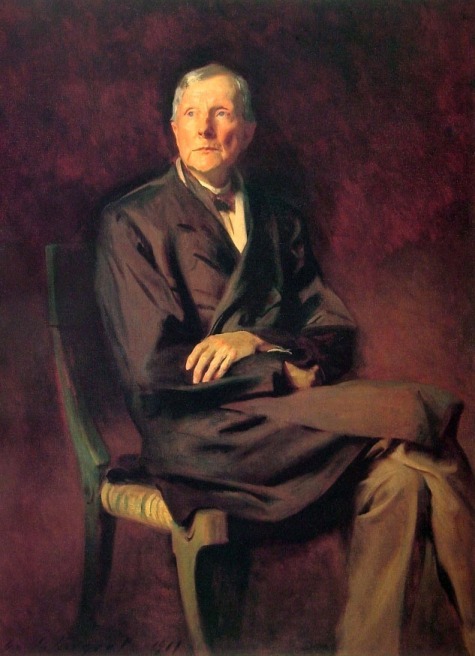Where Standard Oil, John D. Rockefeller’s Company pushed ahead was in winning the competition for transport facilities and getting favorable rates – it proved itself unsurpassed in tough negotiations. By 1879 Standard controlled 90 to 95 percent of the oil refined and had a new pipeline system. From 1879 to 1882 Rockefeller created a trust system whereby nine trustees coordinated all their production, refining, transportation, and distribution activities with the main Standard Oil Company, later transferred to New Jersey (1899), where the business regime was looser.
The per-barrel cost of refined oil at a plant with a 500-barrel daily throughput was $0.06 a gallon. With a 1,500-barrel throughput it fell to $0.03 a gallon. It was as simple as that. In its first big phase of expansion Rockefeller’s company was able to reduce the retail price of kerosene, used by every household in the US, by 70 percent. Comparable figures could be quoted for the whole range of products. The rapid fall in oil prices, first in domestic oils, then in gasoline for transport, was largely his doing.
Early in the 20th century, the Great Atlantic and Pacific Tea Company, known as A&P, which went back to 1859 was transformed in the 1870s by one of its clerks, George Huntington Hartford. The object of the firm, which originally operated through mail-order and clubs, was to bring down the price of tea and coffee which, not being of American origin, were overpriced. By 1900 it had about 200 stores and was the industry leader. It concentrated on selling at the lowest possible prices at a time, 1900-12, when food prices were rising, causing concern, and provoking government investigations. Price-cutting was so successful that in the years 1914-16 alone A&P opened 7,500 stores. By 1936 it had 15,427 stores with a backwards-integration list of wholly owned suppliers which included 111 warehouses, forty bakeries, thirteen milk-plants, eight coffee-roasting plants, six canneries, and nine general food-factories – even a printing plant. Housewives voted for A&P with their purses – that was obvious in the number of branches which succeeded.
Louis D. Brandeis (1856-1941), a well-paid Supreme Court judge would not, naturally, take the same view of the importance of marginaly lower food prices as a working-class housewife operating within a strict budget. But America was about the multitude, not about the elites.

